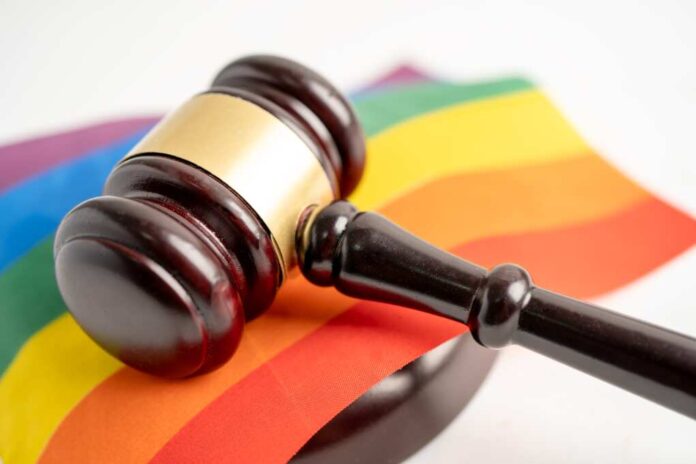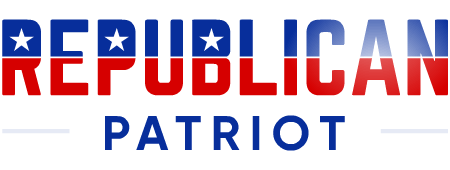
A Texas federal judge has struck down federal workplace protections for LGBTQ+ employees, challenging the EEOC’s authority and casting doubt on the future of national safeguards for sexual orientation and gender identity.
At a Glance
- Judge Matthew J. Kacsmaryk ruled that the EEOC overstepped its authority in enforcing workplace protections for LGBTQ+ individuals.
- The decision challenges the 2020 Supreme Court precedent in Bostock v. Clayton County.
- Texas AG Ken Paxton and The Heritage Foundation spearheaded the lawsuit, calling EEOC rules “ideological.”
- LGBTQ+ advocates warn the ruling undercuts legal protections for transgender and gay employees.
Over 3,000 workplace discrimination charges have been filed with the EEOC in recent years tied to sexual orientation and gender identity.
Federal Guidance Overturned
In a ruling that has sent legal and political shockwaves through the country, Federal Judge Matthew J. Kacsmaryk invalidated the Equal Employment Opportunity Commission’s guidance on workplace harassment protections for LGBTQ+ individuals. Kacsmaryk, a Trump-appointed judge based in Texas, claimed the EEOC “exceeded its jurisdiction” under Title VII of the Civil Rights Act, which prohibits discrimination “because of sex.”
The now-overturned guidance had been based on the 2020 Supreme Court ruling in Bostock v. Clayton County, which found that firing someone for being gay or transgender constitutes illegal sex discrimination. But Kacsmaryk’s decision disputes the EEOC’s authority to extend that interpretation into enforceable rules for private employers.
Watch a report: Judge Kacsmaryk targets EEOC rules.
Conservatives Cheer, Advocates Alarmed
The decision was welcomed by right-wing groups, including the Heritage Foundation, whose Project 2025 helped build the legal challenge. “You don’t have to pretend men are women,” declared Heritage Foundation president Kevin Roberts, calling the ruling both a legal and cultural victory. Texas Attorney General Ken Paxton added, “The federal government has no right to force Texans to play along with delusions or ignore biological reality.”
On the other side, civil rights groups and LGBTQ+ advocates have condemned the ruling as a dangerous retreat from federal anti-discrimination protections. The National Women’s Law Center warned it could create a patchwork of workplace standards, leaving transgender and gay workers vulnerable to selective enforcement and legal ambiguity.
What’s Next for Employers and Employees?
While the ruling applies only to the EEOC’s guidance—and not the underlying Title VII law—it opens the door for challenges to enforcement and interpretation. Legal experts caution that unless overturned on appeal, the decision could embolden employers to test the limits of what constitutes legally protected workplace behavior.
The EEOC has received over 3,000 LGBTQ+-related discrimination complaints in recent years, signaling ongoing friction in workplace dynamics. Though the ruling doesn’t eliminate those protections outright, it weakens federal agencies’ ability to proactively define and defend them.
With upcoming changes expected in the makeup of the EEOC and broader legal challenges pending, this ruling could mark a turning point—either toward reinforced protections or a rollback of decades of civil rights expansion. For now, the future of LGBTQ+ workplace equity hangs in legal limbo.




















